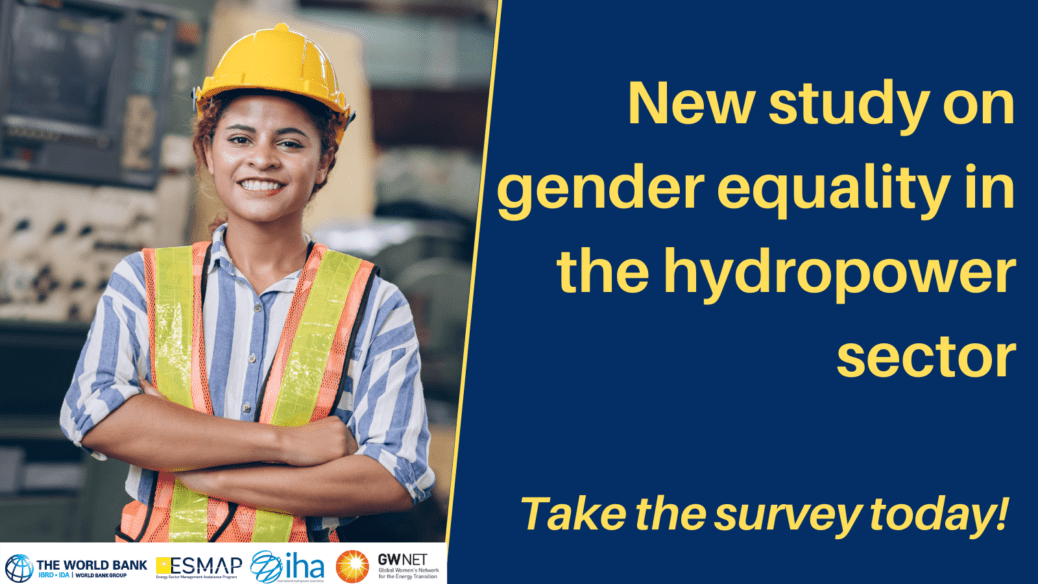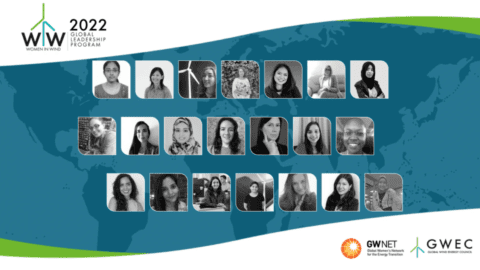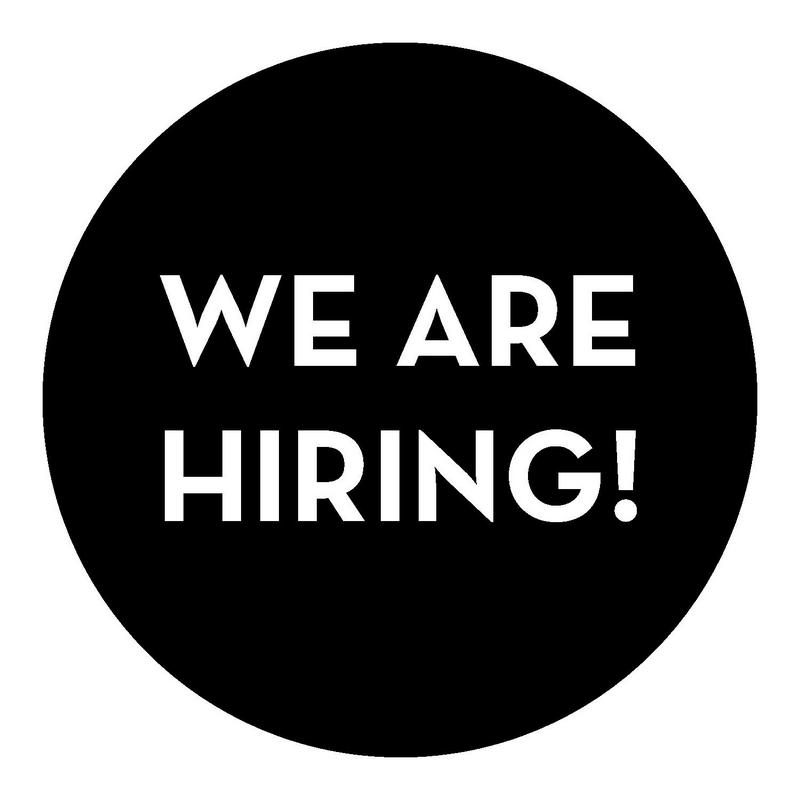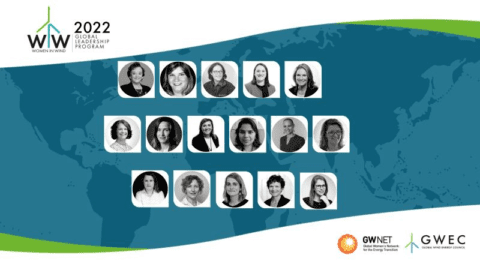The World Bank’s Energy Sector Management Assistance Program (ESMAP), in partnership with the International Hydropower Association (IHA) and the Global Women’s Network for the Energy Transition (GWNET), is launching a survey targeted at practitioners in the hydropower industry.
The online survey is part of an IHA-led study that will look at the gender employment gap in the hydropower sector, and that will seek to determine where women work within companies, identifying barriers to entry and advancement, as well as effective strategies to address those barriers.
Women and men working in the sector are encouraged to take part – the survey targets people working in private companies, public utilities, governmental and non-governmental organisations.
Women representation in the hydropower sector
Women remain underrepresented in the hydropower sector – as they are in the energy sector in general – yet how underrepresented is difficult to determine as sex-disaggregated data and gender statistics on employment in the sector are scarce.
Hydropower generates almost two-thirds of renewable energy electricity, and it employs about two million people globally. It has therefore the potential to make a significant contribution to improving diversity and gender equality across the energy workforce.
With an increased global focus on maximising the potential of hydropower comes the opportunity and the need to address barriers and gaps for women in relation to recruitment, retention, and promotion. Access to quality jobs and assets are key levers of change for women, communities, businesses, and economies. In developing countries in particular, they are also fundamental drivers of economic growth, poverty reduction, and shared prosperity.
In addition to the sector survey, those considering a career in hydropower are encouraged to a complete a dedicated survey for students and academics.
About ESMAP
The Energy Sector Management Assistance Program (ESMAP) is a global knowledge and technical assistance program administered by the World Bank and supported by 18 bilateral donors. Its mission is to assist low- and middle-income countries to develop the policies, strategies and institutions necessary for sustainable solutions to energy challenges. Since its inception in 1983, ESMAP has supported more than 800 energy sector activities that promote poverty reduction, economic growth and low carbon development in over 100 countries.
The ESMAP Hydropower Development Facility aims to scale up sustainable hydropower projects in recognition of the critical role it plays in system balancing and water resource management to enhance climate resilience, and to support its clients to develop and manage these.
The ESMAP Gender and Energy Program aims to close gender gaps in the energy sector. ESMAP has built considerable momentum for closing gender gaps through its global Gender and Energy Program and its six regional programs. These programs have helped strengthen women’s roles as consumers, employees, and entrepreneurs in the energy sector. Aligned with the WBG Gender Strategy (FY16-23), ESMAP works with countries to design innovative interventions and generate crucial cutting-edge knowledge of actions needed to close gender gaps in the sector and improve development outcomes.
For more information about ESMAP’s gender programme visit https://esmap.org/gender
About IHA
IHA is a non-profit membership organisation committed to sustainable hydropower. Its mission is to advance sustainable hydropower by building and sharing knowledge on its role in renewable energy systems, responsible freshwater management and climate change solutions. IHA achieves this through monitoring the hydropower sector, building an open, innovative and trusted platform for knowledge, and advancing strategies that strengthen performance.
Stay in touch with IHA at: hydropower.org
About GWNET
GWNET aims to advance the global energy transition by empowering women in energy through interdisciplinary networking, advocacy, training and mentoring. GWNET seeks to address the current gender imbalances in the energy sector and to promote gender-sensitive action around the energy transition in all parts of the world.
For more information about GWNET visit https://www.globalwomennet.org/











